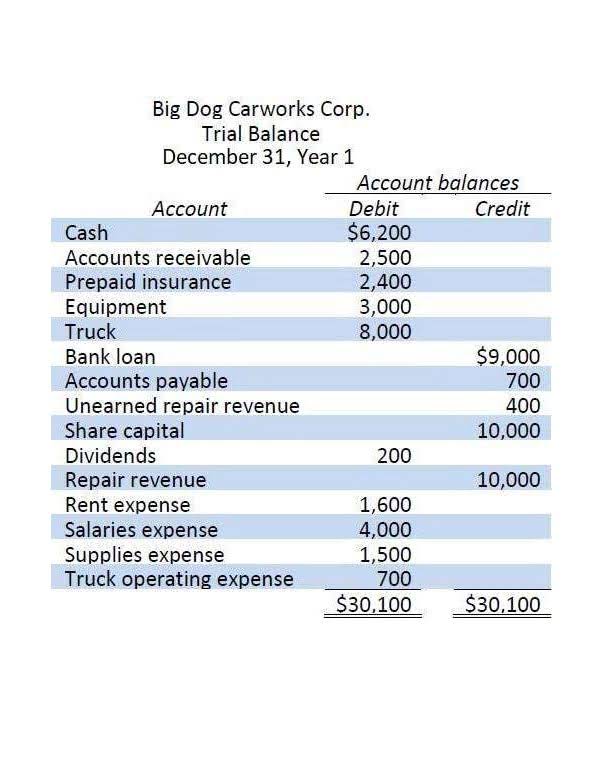
If you have multiple properties, you may want to consider opening a separate account for each. This popular accounting method uses two accounts for every transaction, one account is debited, and one account is credited, an example of this is a tenant deposit. The tenant’s account is debited, and the account for security deposits is credited. Of course, the more detailed the chart of accounts, the more complex the general ledger. Having a complete record can be maintained easily enough through the use of accounting software or even an excel spreadsheet.
These are best practices that are important to keep in mind when setting up your property management accounting system, or even just when interacting with it if an accountant sets it up for you. Your general ledger, or G/L for short, is a complete record of all your business transactions. Chances are, if you use a basic accounting software already, this is generated automatically as you input transactions. Sole proprietors often use this method, as it’s an easy way to manage your accounting in the early stages. However, all businesses with employees are required to use the accrual accounting method (see the next point below). An accounting period is a period of time within a financial statement.
General Ledger
It’s important to have a safety fund so you’re not struggling with unforeseen expenses. Work out the size of a reserve fund with rental owners, so you can stay ahead of the unexpected. We’ve put together a guide on setting up an air-tight chart of accounts that will walk you through everything you need to know, with expert advice and even an itemized list of what to include. Fixed assets are funds tied to your properties and business, including the monetary value of each property and the improvements made on them. It’s possible that if someone’s not using a trust accounting platform – if they’re using something like QuickBooks – then probably yes, you would have them set up as vendors.
This is most beneficial for owners that prefer their money sooner rather than later, especially if they have a mortgage they’re paying or other miscellaneous expenses. If you want to run a tight ship, you’ll need good record keeping skills. The IRS also requires that you keep all essential financial records for at least accounting for property management three years. Learn the fundamentals with our guide to small business recordkeeping. To track how much money you made and how much you spent, you generate an income statement—one of the three main types of financial statements. Whenever you enter a transaction for your rental, you reference the chart of accounts.
Reporting and Financial Statements for Property Management
Try TenantCloud if you want property management accounting software but are on a tight budget. Try Rent Manager if you’re looking for a property management accounting software you can easily use on multiple devices. However, rental property software tends to be pretty robust, so chances are it will also work for commercial property management and other types if you have a mixed portfolio.
- Select accounting software that suits your property management needs.
- This may include mortgage payments, property taxes, insurance, maintenance costs, and other expenses.
- DoorLoop is a cloud-based property management software that includes accounting features such as rent collection, bill payment, and financial reporting.
- In today’s complex real estate landscape, managing single-family rental properties can be a daunting task, especially when it comes to accounting and finance management.
- Make sure the accountant you hire has the necessary credentials to do the job.
This data needs to become a part of essential financial records for any business. A key step for any property management business is to generate financial statements to track the financial health of the company. Statements such as an income statement, balance sheet, or cash flow statement should also be a part of accounting records and the business strategy.
Set Up a Separate Business Account
Digitizing your online rent payments allows you to record every rent payment you receive automatically. Automating this will save you a ton of time and most accurately track your transactions. A top payment portal also provides a record of previous payments and allows you to accept rental applications and other fees directly online. Trust accounting basically means when a third party—in this case, a property manager—holds funds for the benefit of (in trust for) a beneficiary, the property owner.
In the context of property, assets could depreciate with excessive use or deteriorating condition. Understanding depreciation is handy for https://www.bookstime.com/ predicting the value of your assets over time. Preparing templates for key reports can be done with simple spreadsheets or text documents.